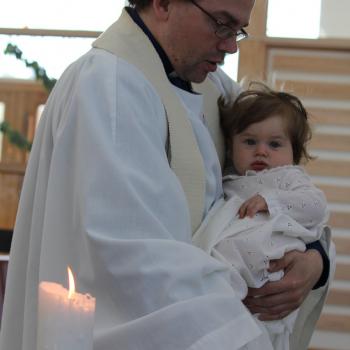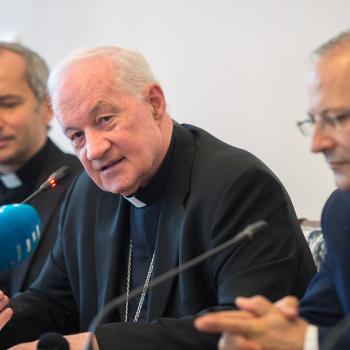Yet another powerful figure in the Church has spoken in favor of Amoris laetitia, the apostolic exhortation that opens the way for divorced and remarried Catholics to return to the sacraments. Last month the Cardinal Patriarch of Lisbon, Manuel Clemente, declared that a careful reading of both the papal document and the now-magisterial correspondence between Francis and the bishops of the region of Buenos Aires “is enough for me and the diocese commended to me”. “I don’t need anymore”, added the prelate.
In a press conference to mark the conclusion of the Portuguese bishops’ recent plenary assembly, Clemente urged the Church to adopt a “fundamental attitude of ‘welcoming’, of ‘accompaniment’ and ‘discernment’ with those who are divorced and remarried”. “In a great number of cases the marriage was null”, asserted the cardinal, by way of justification for this pastoral openness: evoking words Pope Francis himself uttered in June 2016 on the widespread phenomenon of what he called “provisional” commitment in many marriages today.
“It’s provisional, and because of this the great majority of our sacramental marriages are null”, said the pontiff. “Because [the partners] say ‘yes, for the rest of my life!’ but they don’t know what they are saying. Because they have a different culture. They say it, they have good will, but they don’t know”.
According to another report, Clemente also set out, on this same occasion, what will happen in Lisbon after this process of “welcoming”, “accompanying” and “discerning” with remarried Catholics plays out. “The Pope acknowledges that once these conditions [“welcoming”, “accompanying”, “discerning”] have been met, in some cases – and with the discretion and authorization of the bishop – some sacramental life may be resumed. That’s the way things are, if we add the footnote of Amoris laetitia to the dialog with the [Argentinian] bishops”. “But it’s not a quick thing, immediate or simple: it’s a serious thing”, Clemente added.
The Patriarch of Lisbon also pointed out in the press conference that the Church acknowledges nuances in the sentimental situations of the faithful. “Not all cases [of divorce and remarriage] are the same”, observed Clemente. “There are cases where the person who manifests the will to recover the sacramental life was the person abandoned in the previous marriage”, argued the prelate, recognizing that such a situation “is not the same” as that of a person who has been married multiple times, or who ignores his or her obligations to his or her children, “but who now wants to come [to the altar rail] as if nothing has happened”.
The significance of Clemente’s remarks is twofold. In the first place, they provide much-needed support to Pope Francis in a moment in which he is still facing blowback from ultraconservative elements in the Church more than a year on from the infamous dubia (“doubts”) over the contents of Amoris laetitia. In the second, though, they show that acceptance of the idea that divorced Catholics need not live chastely in subsequent marriages continues to grow in the Church worldwide.
In fact, the Patriarch’s remarks come soon after the archdiocese of Braga, also in Portugal, announced that its presbyteral council had unanimously approved the creation of a pastoral care group that will accompany divorced and remarried Christians, who will in turn “be able to access the sacraments, in accordance with a process of individual discernment”.
“The group that will accompany the divorced who live in a new union will be composed of lay people and priests”, explained the Braga communiqué. “In addition to informing and advising on procedures for declaration of nullity of marriage”, it added, “the [pastoral care] team will follow up on each case so that, after a process of personal discernment, access to the sacraments and the possibility of becoming godparents can be reassessed”.
The purpose of the resolution adopted in Braga, the press release clarified, “is to integrate the person into the Christian community after a ‘true process of discernment’ which will lead to ‘a conversion, a serious work of conscience'”.













